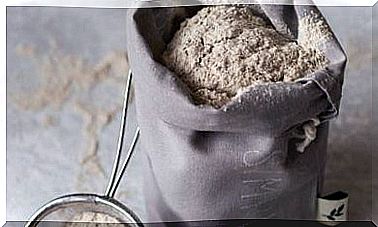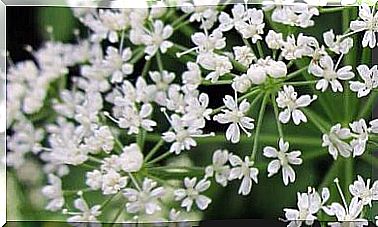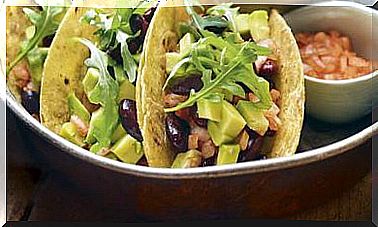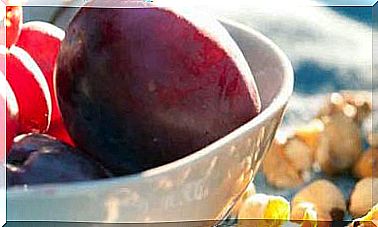Vegetable Anti-inflammatory Foods Protect The Heart
There are foods that promote inflammation and others that reduce it. Know them, because choosing well is one of the main keys to preventing heart and brain attacks and cardiovascular diseases, and it helps protect your heart.
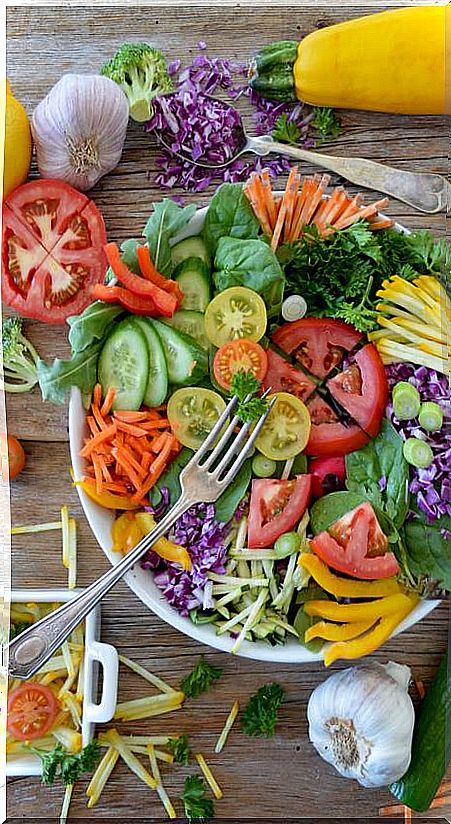
Diets rich in red and processed meats, refined cereals and sugary drinks, which are associated with increased inflammation in the body, increase the risk of developing heart disease or suffering a stroke. In comparison, the risk is lower if you eat a diet rich in anti-inflammatory foods.
The effect of food on heart health does not depend only on its influence on cholesterol levels. A study published in the Journal of the American College of Cardiology details which anti-inflammatory foods are associated with low levels of inflammatory biomarkers such as interleukins, chemokines and adhesion molecules, which are associated with early and late stages of atherosclerosis and, therefore So much for many cardiovascular diseases.
There is a relationship between food, inflammation and cardiovascular disease
The researchers used data from male and female participants in the so-called “Nurse Health Studies I and II,” which collected information on eating habits and health over 32 years . After excluding participants for whom dietary information was lacking or who had previously suffered from heart disease, stroke, or cancer, more than 210,000 participants were finally included in the analysis . These people had completed a survey every four years on their dietary intake.
Dr. Jun Li, lead author of the study and a scientific researcher in the department of nutrition at the Chan School of Public Health at Harvard University, explains that “this study is one of the first to link a dietary inflammatory index, based on food , with the long-term risk of cardiovascular disease “.
The Food-Based Pro-Inflammatory Dietary Index is based on 18 food groups that together show the strongest associations with increased inflammatory biomarkers.
After controlling for other risk factors such as body mass index, physical activity, family history of heart disease, and multivitamin use, participants who consumed pro-inflammatory diets had a 46% increased risk of heart disease and a risk of a 28% higher stroke, compared to those who ate anti-inflammatory foods.
These are the most inflammatory foods
According to the study, the main pro-inflammatory foods have turned out to be:
- Red and processed meat.
- The viscera.
- Refined carbohydrates (flours, sugars and cereals).
- Sugary drinks.
- Fried foods.
The most anti-inflammatory natural foods
Instead, the researchers note that eating foods high in antioxidants and fiber helps fight inflammation. These foods are:
- Green leafy vegetables (kale, spinach, cabbage, arugula).
- Yellow and orange vegetables (squash, yellow peppers, beans, carrots).
- Whole grains.
- Coffee, tea and wine.
Eating nuts every day reduces inflammation
Another study, carried out by the August Pi i Sunyer Biomedical Research Institute in Barcelona, and also published in the Journal of the American College of Cardiology , proves that the incorporation of walnuts into the diet reduces inflammation and the risk of heart disease .
The Spanish researchers evaluated how the incorporation of walnuts in the usual diet improves inflammatory biomarkers. A total of 634 participants followed a diet with 30-60 g of walnuts per day for two years . They then underwent tests that showed significantly reduced levels of inflammation in the body in 6 out of 10 of the inflammatory biomarkers tested.
The long-term anti-inflammatory effect of walnut consumption provides a new perspective on its benefit in relation to the risk of heart disease beyond cholesterol reduction, explains Dr. Montserrant Cofán, lead author of the study.
To underline the importance of the two studies linking anti-inflammatory foods to cardiovascular health, the Journal of the American College of Cardiology publishes an editorial comment by doctors Ramon Estruch, Emilio Sacanella and Rosa M. Lamuela-Raventós, researchers at the University of Barcelona and members of the CIBER Obesity and Nutrition group, coordinated by the Carlos III Health Institute of Madrid, where they affirm that “a better understanding of the anti-inflammatory properties of certain foods provides the basis for designing healthier dietary patterns that protect against heart disease “. ” When choosing foods, we must be aware of their pro-inflammatory or anti-inflammatory potential! “
Scientific references:
- Ramon Estruch, Emilio Emilio Sacanella and Rosa M. Lamuela-Raventós. Ideal Dietary Patterns and Foods to Prevent Cardiovascular Disease: Beware of Their Anti-Inflammatory Potential. Journal of the American College of Cardiology.
- Jun Li et al. Dietary Inflammatory Potential and Risk of Cardiovascular Disease Among Men and Women in the US Journal of the American College of Cardiology.
- Montserrat Cofán. Effects of 2-Year Walnut-Supplemented Diet on Inflammatory Biomarkers. Journal of the American College of Cardiology.


